Saver reasonable! 10 ways to extend the shelf life of fresh produce.
 Bashny.Net
Bashny.Net
Many people tend to buy more products than they can eat. Blackened bananas in the refrigerator, on the balcony grows potatoes, cucumbers and inexplicably begin to rot ... Probably, the situation is familiar to everyone. However, this does not blame the tendency to buy products for the future and not even "unfair" for the manufacturers of these cucumbers. Vsë the fact that we do not know how to properly store food. Let's start with the most simple!
1. Garlic
Keep garlic in a peel at room temperature. It is best to open a wooden box. Well, if next to the garlic will be stored his "brother" bow.
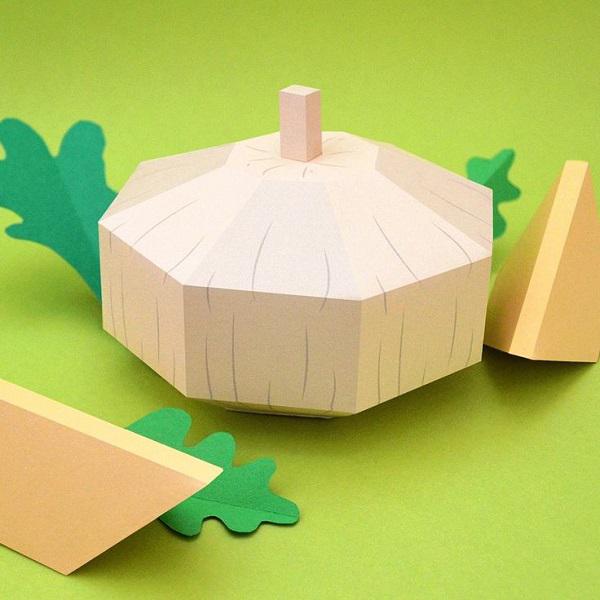
2. Onions
Ideally find the net pantyhose, distribute to each "leg" a few bulbs and stripped of their nodes. Keep the bow at room temperature away from potatoes and in any case do not put in the fridge - the cold and high humidity will make it soft. It is also a great place to bow to a wooden box.
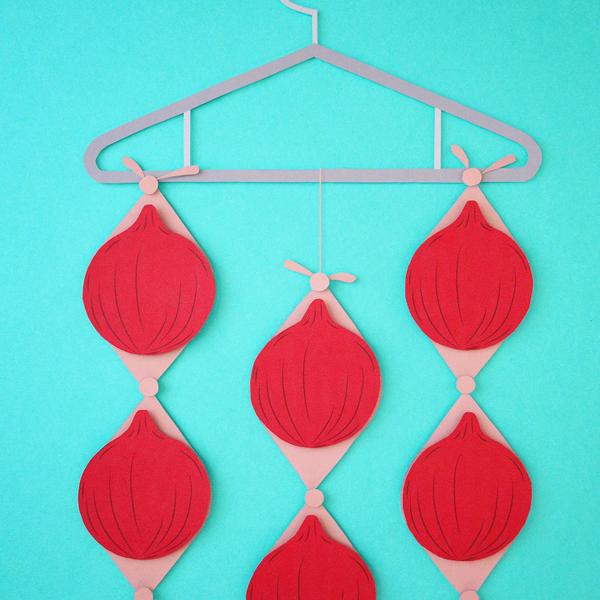
3. Potatoes
Keep potatoes in a cool place, but not in the refrigerator, for example, in the pantry. Low temperatures and moist air can influence its palatability. If you're used to pour the potatoes in a package, it is best used to store not cellophane and paper packaging. Remember that this vegetable should be kept away from onions and fresh fruit, which can cause sprouting.

4. Asparagus
Asparagus is kept short and should treat it like a bouquet of flowers: cut the roots and put into the water, and then put into the refrigerator. There is another option: to wrap a damp cloth. In a cool place it will be kept a little more than a week.
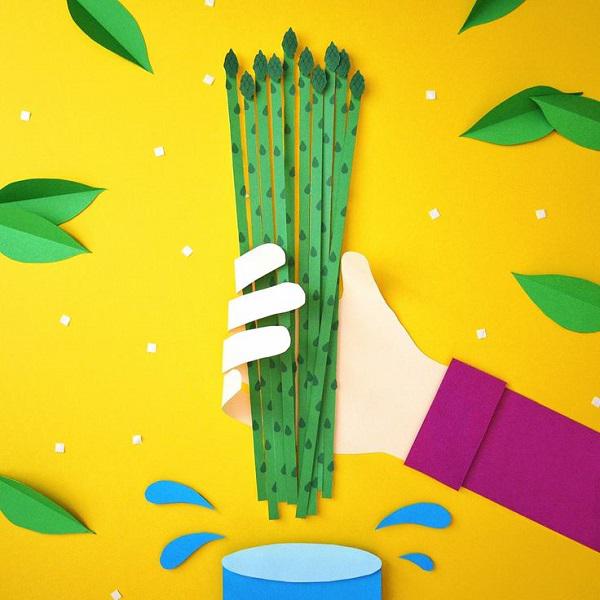
5. Carrots
First, gather the tops as it pulls moisture from the carrots. Second, move the carrots and throw away all the rotten roots. Clean and well-washed obsushennye vegetables stored in the refrigerator in a sealed plastic bag.
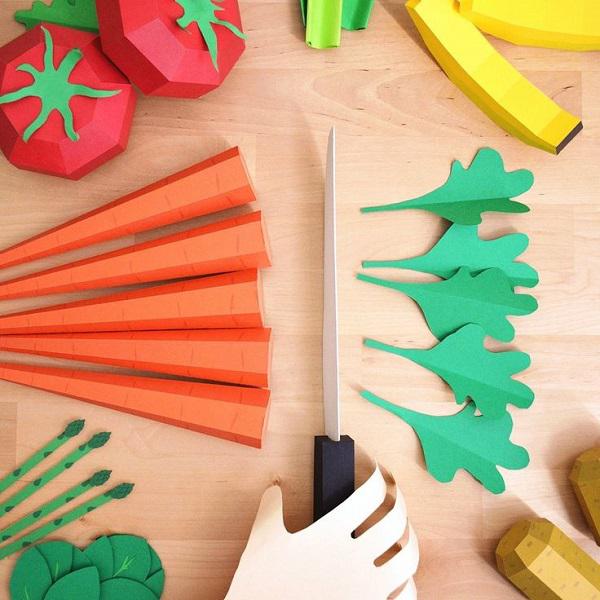
6. Brussels sprouts
Cabbage can be stored in the vegetable compartment of the refrigerator for 2-3 days. Remember, the longer it is stored, the stronger its flavor.
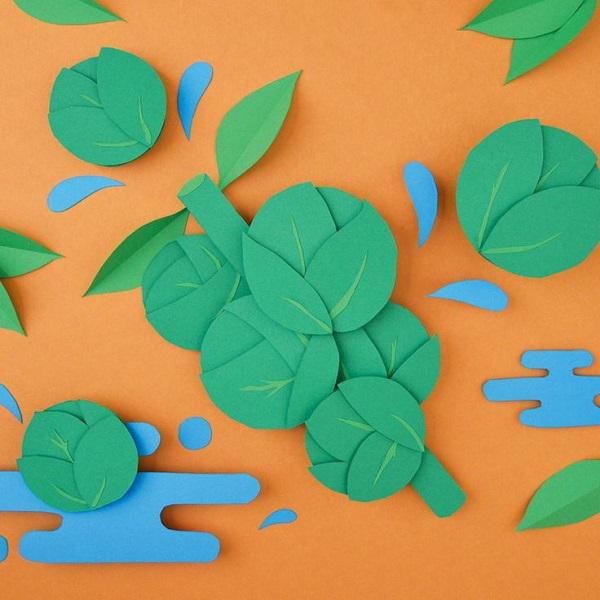
7. Cucumber
Cucumbers are not like cold, therefore they should be stored refrigerated at most 2-3 days. And again, keep them away from bananas, tomatoes and melons.
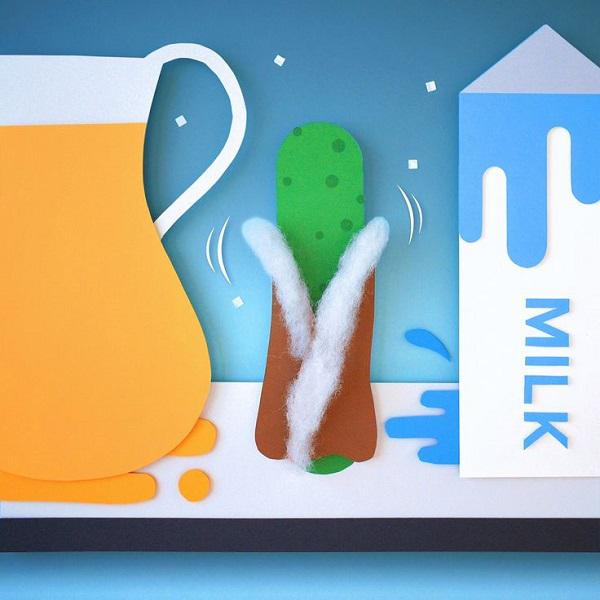
8. Celery
Celery should be stored as well as carrot: a tightly closed container.
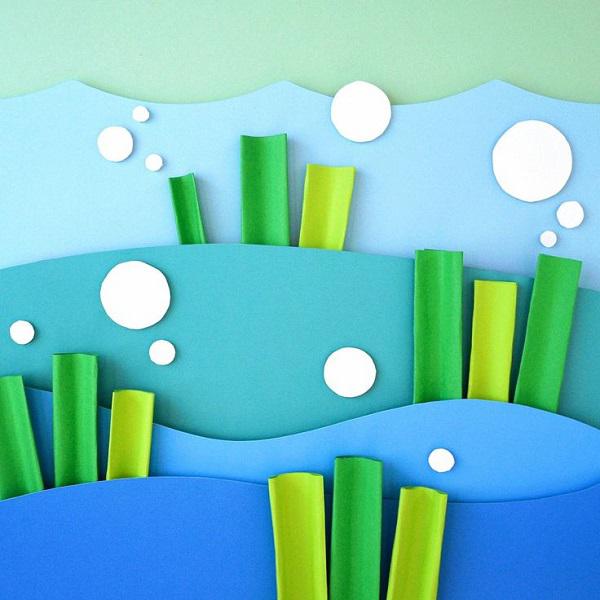
9. Tomatoes
Tomatoes store better not refrigerated, as low temperatures destroy their cellular structure and makes soft. Ideally, the tomatoes should independently ripen at room temperature, after which they are encouraged to eat or freeze.

10. Bananas
Rip from a bunch of bananas, wrap each fruit with cling film and put in the fridge. Low temperatures will slow down considerably the process of maturation.
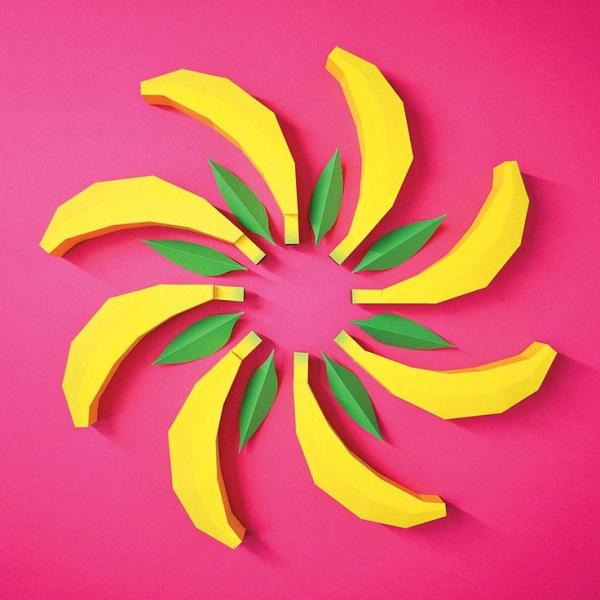
These methods for storing fruits and vegetables there is nothing extreme or very expensive. All available materials probably have in your house. We are sure that you also know some interesting and inexpensive way, which helps to extend product shelf life. Share these tips with your friends, and you will have something to talk over a cup of tea!
via takprosto cc
1. Garlic
Keep garlic in a peel at room temperature. It is best to open a wooden box. Well, if next to the garlic will be stored his "brother" bow.

2. Onions
Ideally find the net pantyhose, distribute to each "leg" a few bulbs and stripped of their nodes. Keep the bow at room temperature away from potatoes and in any case do not put in the fridge - the cold and high humidity will make it soft. It is also a great place to bow to a wooden box.

3. Potatoes
Keep potatoes in a cool place, but not in the refrigerator, for example, in the pantry. Low temperatures and moist air can influence its palatability. If you're used to pour the potatoes in a package, it is best used to store not cellophane and paper packaging. Remember that this vegetable should be kept away from onions and fresh fruit, which can cause sprouting.

4. Asparagus
Asparagus is kept short and should treat it like a bouquet of flowers: cut the roots and put into the water, and then put into the refrigerator. There is another option: to wrap a damp cloth. In a cool place it will be kept a little more than a week.

5. Carrots
First, gather the tops as it pulls moisture from the carrots. Second, move the carrots and throw away all the rotten roots. Clean and well-washed obsushennye vegetables stored in the refrigerator in a sealed plastic bag.

6. Brussels sprouts
Cabbage can be stored in the vegetable compartment of the refrigerator for 2-3 days. Remember, the longer it is stored, the stronger its flavor.

7. Cucumber
Cucumbers are not like cold, therefore they should be stored refrigerated at most 2-3 days. And again, keep them away from bananas, tomatoes and melons.

8. Celery
Celery should be stored as well as carrot: a tightly closed container.

9. Tomatoes
Tomatoes store better not refrigerated, as low temperatures destroy their cellular structure and makes soft. Ideally, the tomatoes should independently ripen at room temperature, after which they are encouraged to eat or freeze.

10. Bananas
Rip from a bunch of bananas, wrap each fruit with cling film and put in the fridge. Low temperatures will slow down considerably the process of maturation.

These methods for storing fruits and vegetables there is nothing extreme or very expensive. All available materials probably have in your house. We are sure that you also know some interesting and inexpensive way, which helps to extend product shelf life. Share these tips with your friends, and you will have something to talk over a cup of tea!
via takprosto cc
Tags
See also
Shelf life men
12 cosmetic products, on the expiry of which you do not even think about it!
How to extend battery life: 4 Tips to maximize long-term use.
Smart tree Treat for food storage
How to prolong the shelf life (18 photos)
















